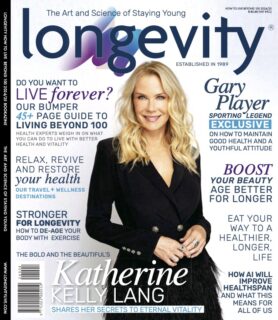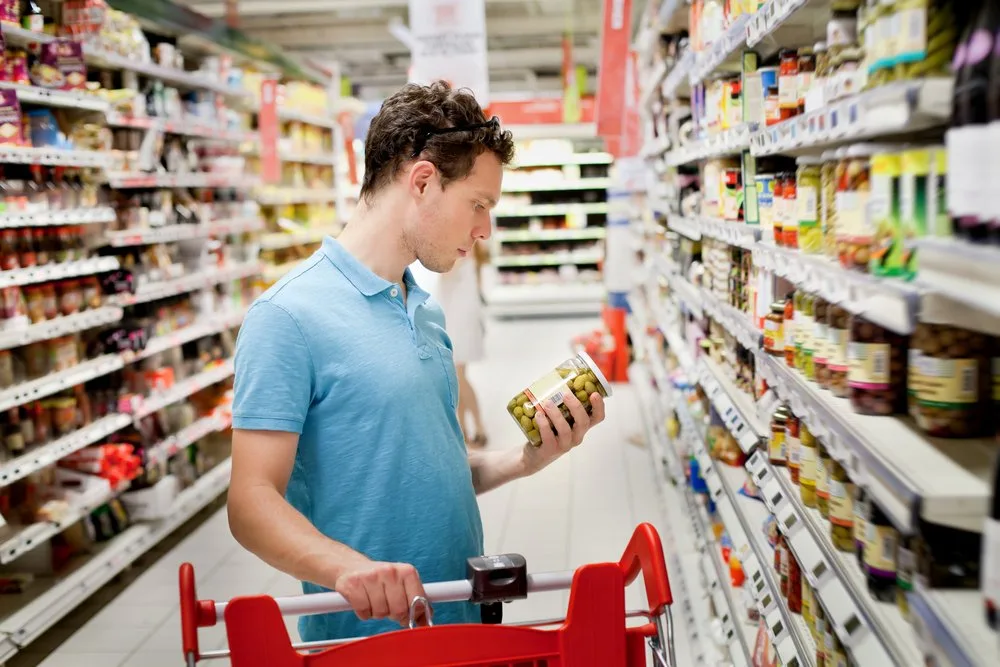The obesity pandemic is having its way with communities across the globe. Of course, non-communicable diseases (like diabetes and cancer) have increased as a result. They thrive in a body overcome by excess, and nutrient-void, calories. So the obvious solution is to choose healthier options…correct? Well, yes. But it’s not that simple. There’s a concerning lack of food transparency going on. As it turns out, the food industry misguides us with some of its nutritional claims.
We interviewed Zukiswa Zimela, the communications manager of HEALA (Healthy Living Alliance). This coalition of civil society organizations fights for affordable access to nutritious meals for all in South Africa. HEALA uplifts and educates communities and runs programs to compel the government to regulate the food space.
The bold assertions on the front of food packaging easily persuade us. So why would we bother examining the fine print at the back? Who has time for that? Zimela argued that food producers exploit consumers’ lack of understanding of nutrition labels. This makes it difficult for people to make informed decisions about their health.
You can find out more on this topic in our How to Live Beyond 100 bookazine.
Food transparency is a must
HEALA is doing amazing work in trying to raise food transparency awareness among consumers, businesses, and the government. Of course, they want to ensure that the food is safe to eat and that we’re being well nourished. But they especially want us to understand what’s in our food. Consequently, they’ve been targeting proper food labeling quite aggressively.
For example, HEALA advocates for sugary drink tags, the Health Promotion Levy (HPL), and front-of-pack warning label policies. These efforts hold big food companies accountable for the food they make available to ordinary South Africans. But why, exactly, is this coalition’s assertion necessary?
Zimela explained how the food environment in South Africa is laden with ultra-processed foods. In fact, a study conducted in the early 2020s (by the University of the Western Cape) confirmed this. According to Zimela, they found that almost 80% of the food on our shelves is either processed or ultra-processed.
“If this is what people have access to [to buy], should we argue that they have the right to know what is in the foods that they’re eating?” reasons Zimela.
Beware of false nutritional claims
A lot of ultra-processed foods have high levels of salt, sugar, and saturated fats. Needless to say, these things are really not good for our bodies. So, surely, food packaging will state these high levels clearly for us to see? Unfortunately, in South Africa, we only have back-of-pack warning labels. These can be difficult to understand unless you’re a dietitian or somebody with nutritional knowledge.
Nobody wants to try to calculate how much of each nutrient exists per portion of each item you put in your shopping cart. Heck, just saying it is tedious alone! Accordingly, we tend to rely on the labels we see on the front. Indeed, my energy bar must be healthy if it has a “low in sugar” claim plastered on the front, right? Zimela cautioned against being too trusting.
“I think our big food producers, who make these processed foods, take advantage of [our lack of understanding]. Also, there is no regulation at the moment saying that food [organizations] cannot make health claims,” discloses Zimela, “So, what they do is they’ll make a certain type of food, and they’ll make a claim that it is high in iron or low in fat. However, they won’t mention that this particular food is also high in a nutrient of concern.”
We need easy-to-read and easy-to-understand warning labels on the front of foods
Evidently, the front label is a big driver of our food choices. Therefore, we need easy-to-read and easy-to-understand warning labels on the front of unhealthy foods. HEALA is urging the government to regulate food transparency – and this is one way of doing it. However, what will these labels look like?
Zimela expressed how these warning tags will appear in a triangle format. Triangles with “high in salt”, “high in sugar”, or “high in fat” written in them, alert the consumer about a food’s contents. This way, they’re able to take charge of their health and nutrition. The choice to put a certain food in their bodies is theirs.
“With this regulation, any food that has a warning label will not be allowed to have a health claim on it. We think this is very important because people who do want to make good life decisions for themselves are often taken advantage of. They’re often tricked into making decisions that might hurt them in the long run,” shares Zimela.
Big food producers exploit weak food regulations in developing countries
Ultimately, HEALA wants the government to take action to protect consumers from food producers who are predatory for profit. This is especially vital in developing countries. Seemingly, big food companies omit food transparency in places where people may be none the wiser.
As stated by Zimela, Nestle was exposed for exploiting poor food regulations in underdeveloped nations. The company provides zero-sugar cereals to developed countries in the North. This is, perhaps, due to stronger consumer protection policies. In contrast, developing countries in the South receive the sugar-laden end of the stick. This case in point shows how global conglomerates do not create equal products for everyone.
“[People in developed countries] are the ones who are being protected. Meanwhile, we are being taken advantage of [in developing countries]. Unless we, as a collective, demand these health measures to be put in place. We’re still going to be used as guinea pigs,” warns Zimela.
Grab the latest issue of Longevity Magazine
 Are you interested in understanding food labels better and food industry manipulation? Do you want to know what’s being done about it?
Are you interested in understanding food labels better and food industry manipulation? Do you want to know what’s being done about it?
Access a digital copy of our How to Live Beyond 100 bookazine via Zinio. Alternatively, readers living in South Africa may purchase a hard copy from select retail stores.



![women [longevity live]](https://longevitylive.com/wp-content/uploads/2020/01/photo-of-women-walking-down-the-street-1116984-100x100.jpg)










